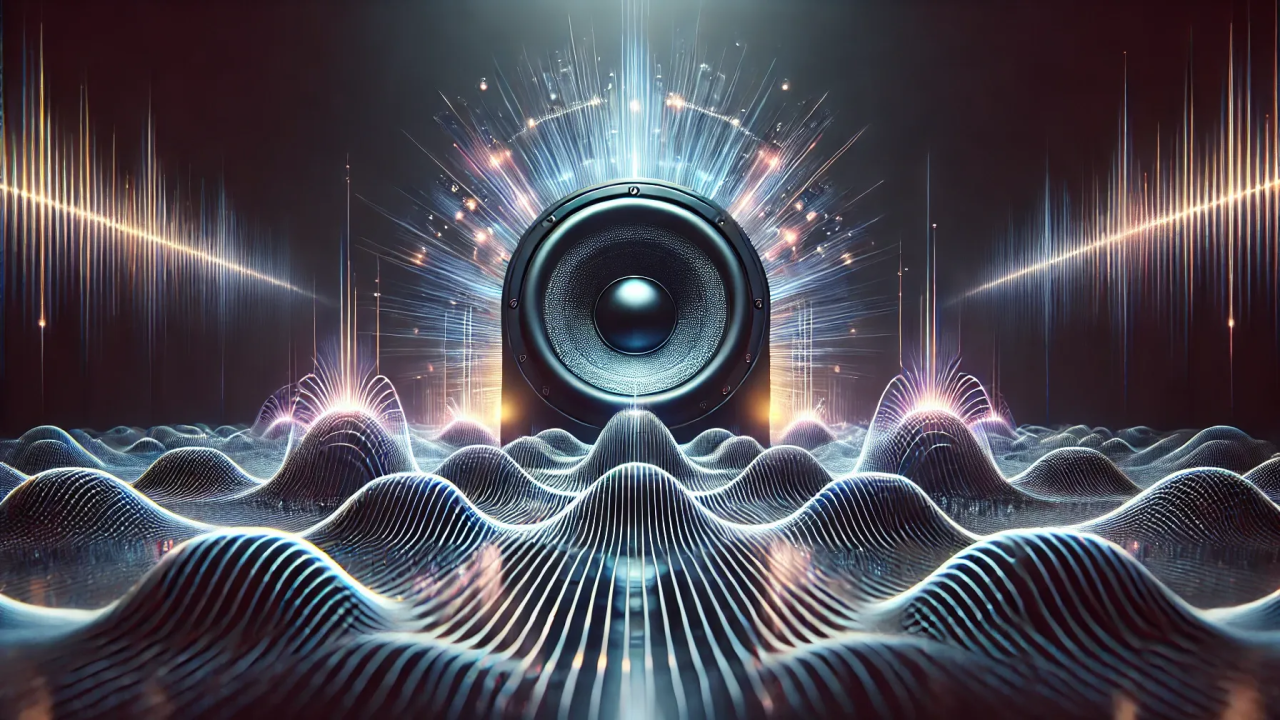
AI or artificial intelligence is offering a massive transformation of dynamic industries including the ever-evolving music industry. Starting from making creative compositions to redefining music distribution, AI is currently being used in every aspect of the music industry which can bring symphony in the future.
Looking forward to 2025 and the coming years, it is safe to say that AI will become an integral part of the music industry. It is no longer a futuristic concept but has become a tool for mass usage. AI is currently influencing the artistic expressions of artists along with their creative process. AI in music is paving the way for evolution with a symphony between technology and creativity. Let’s explore the trends of AI in music for an accurate prediction of the industry for the coming years.
5 Trends of AI Usage in the Music Industry
Trend 1 – Find an AI Assistant for Composing Music
Artificial intelligence is rapidly changing the digital landscape for music where production is greatly improved with efficiency. AI is not just a mere tool but can be utilized as a collaborative force that is continuously advancing with each passing day. Currently, it is being used for both, the creation and distribution of music.
• Changes in Music Production – One of the most significant changes that AI brought to the industry is breaking down the barriers of production and making it more personalized for each artist based on their unique needs. There are AI-powered platforms like Mubert that help to create personalized soundscapes for all kinds of music artists.
• Enhanced Creativity and Efficiency – It is not just about accessibility but AI can also help to improve efficiency and creativity for the music artists and help them execute their projects faster with less room for error. AI works like a creative partner for brainstorming.
• AI in Music Composition – The future for AI in music composition looks quite promising since these intelligent tools are learning unique patterns for various genres. By instilling more affordability and ease of access, license-free music creation is getting easier.
Trend 2 – Creating Social Harmony with Music and Media
While music streaming platforms are running well, it seems like social media platforms will become the primary source for revenue generation as music and songs are being wildly used in every aspect of social media. Whether it is a post on Facebook, reel on Instagram, or Short on YouTube; music is a common part of everything. Meta, TikTok, and Snap are the most influential in this case.
• Beginning of a New Revenue Model – Social media collaborations did not pay much in the early days for the music artists. But this financial structure is transforming in the modern days as music labels and social media platforms are offering fruitful opportunities for a lucrative partnership. It is mainly based on how music is used and shared.
• The Blend of Music and Digital Entertainment – Social media mirrors the trends of digital entertainment such as gaming, memes, and other content. It offers diversified options for artists to reach more audiences from these diversified platforms.
• Enhanced Music Consumption – The industry is focused on an innovative model that blends everything together including music streaming and social media platforms with a handful of interactive experiences. It is creating a new era of music marketing where key players from various industries are collaborating to gain traction. Such as, Sony Music has collaborated with TikTok in order to offer greater accessibility for the users.
Trend 3 – Blockchain and Crypto in Music
Blockchain technology is widely used in the industry for crucial purposes like distribution royalties and managing rights for the artist. The need for middlemen in the traditional model was quite daunting and Blockchain Technology has omitted that. It offered a simplified solution for everyone.
• Contracts with Fair Compensation – The implementation of smart contracts in the music industry is perhaps the best contribution of Blockchain technology. These contracts are specially designed to handle and manage music rights for the artist. It is a fair and transparent system that offers compensation for all the involved parties.
• Improving Transparency – Blockchain technology is tamper-proof and highly transparent. It can keep track and record all kinds of music transactions that are related to royalty distribution and ownership of music rights. It helps to minimize conflicts and offers fair payment for all.
• Engaging fans in the Creative Process – Blockchain technology also offers a new avenue for fan engagement where they can directly participate in the creative process of making music. Fans can connect through various activities like crowdfunding projects, voting for favorite artists, and so on.
Trend 4 – Immersive Musical Experience with VR (Virtual Reality) and AR (Augmented Reality)
The new era of immersive experiences is also shaping the future of the music industry as it allows fans to interact with music digitally. That is why VR and AR are widely used for strengthening the connection between audiences and artists. Starting from collaborative creations to interactive music videos; the alternated reality is utilized to offer a more impactful music experience for the audiences.
• Virtual Concerts – Virtual concerts are offering a new realm of interaction where audiences can fully immerse in an experience. It is often equipped with the options like avatars and chatbots which offer a social essence. Billie Eilish’s VR concert offered options for solo view and group view so that audiences could opt for the experience they wanted.
• Enhanced User Experience – Research and development is still ongoing for VR concerts in order to maximize user experience. Options are emerging for users to manipulate movement inside the VR sphere by utilizing the Haptic Technology which offers a more immersive experience. By combining sensory elements of smell or atmosphere; it is getting more real virtually.
• Rapid AR and VR Adoption - AR is also widely used in live venues which can make concertgoers engaged inside the event arena. Maroon 5 utilized AR to allow audiences to sing karaoke along. With rapid VR and AR adoption in the music industry; it is offering more room for revenue generation.
Trend 5 – Algorithmic DJ: The Master of Personalization
AI has incredible abilities for music personalization and it is more than just a traditional curation process. AI-powered algorithms are so smart that they are able to create playlists based on user’s preferences, mood, time of the day, last listen, weather conditions, and other aspects. It offers the most personalized experience for the listeners as they can constantly find tracks that match their musical tastes.
• AI-Powered DJ – Spotify can be considered as a fine example of AI DJ where its intuitive platform can choose tracks for the users based on their taste and choices. It is a personal guide that can help to find relevant tracks that you might like.
• Helps in Music Composition and Distribution – AI has been used for music composition for a long time now. It can help to generate fragments of ideas that a human composer can utilize to create something unique and powerful.
Final Thoughts
AI’s impact in the real world is vividly noticeable and it is a transformative force that takes the music industry on a whole new level. Stay tuned and learn the ideas that can help you stand out in the modern musical landscape.



The Difference between Organic YouTube Growth & Paid Advertising

9 Common YouTube Growth Myths that Hurt Small Creators in 2025

Julietta Esquire Brings a Fresh Dose of Positivity with ‘Happy New Year "I Prophesy"

Low-budget Music Promotion vs. Quality Music Promotion